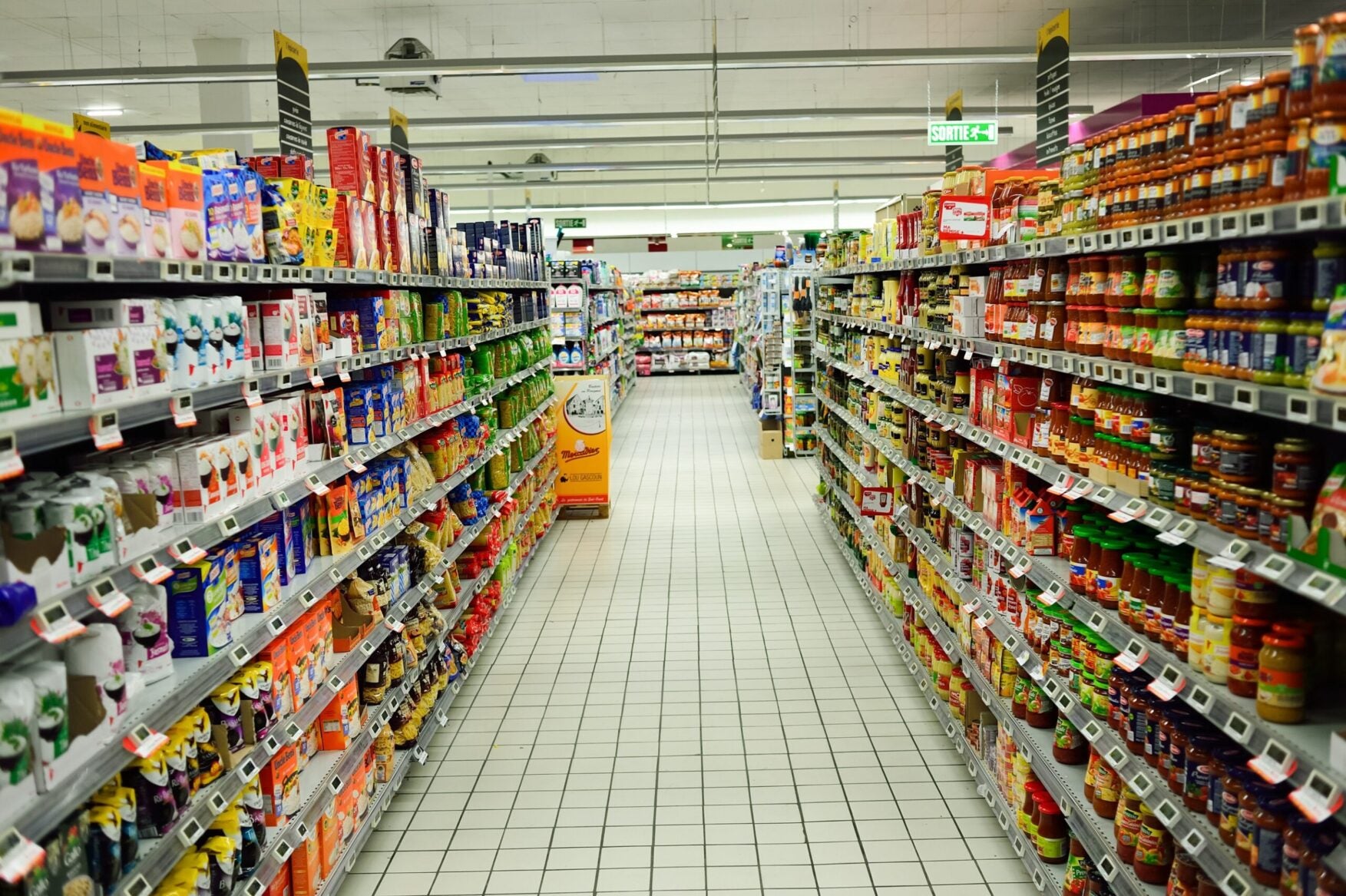
Food prices climbed by nearly 12% in France last month, preliminary inflation data issued by the country’s national statistics office suggests.
According to provisional estimates issued by INSEE, France’s national statistics bureau, food prices rose 11.8% last month.

Discover B2B Marketing That Performs
Combine business intelligence and editorial excellence to reach engaged professionals across 36 leading media platforms.
The prices of fresh products jumped 16.9%, the data showed, with “other food” seeing a year-on-year increase of 11%.
In September, overall food inflation in France stood at 9.9% year-on-year.
Alongside the cost of energy – which leapt by more than 19% – food prices contributed to a 6.2% rise in France’s consumer price index, INSEE said, emphasising these were preliminary figures. Final numbers are scheduled to be published on 15 November.
If the consumer price index has risen by at least 6.2% in October, that would equate to the fastest rate of inflation in France since 1985.

US Tariffs are shifting - will you react or anticipate?
Don’t let policy changes catch you off guard. Stay proactive with real-time data and expert analysis.
By GlobalDataIn July, French politicians poured cold water on claims by outspoken retail tycoon Michel-Édouard Leclerc that some suppliers were making “suspect” requests to up prices.
In a report on the recent rise in consumer prices in France, the country’s upper house said “there does not seem to be a generalised phenomenon of unjustified price increases by manufacturers vis-à-vis distributors, with some exceptions”.
Suppliers, the report by France’s Sénat argued, were making requests for hikes that were “largely linked to the spectacular rise in the cost of raw materials”. By contrast, the authors of the report suggested there have been “questionable practices” carried out among retailers. As an example, the report said some grocers had upped prices on shelves even after refusing price requests from suppliers.
In June, Mr. Leclerc, the chairman of the executive committee of major French food retailer E.Leclerc, called on the country’s parliamentarians to open an investigation into “the origins of inflation, on what is happening on the price front, from transport to consumers”.
France is not alone in seeing notable upward pressure on food prices. Food and non-alcoholic beverages inflation in the UK reached 14.5% in September – a level not seen since 1980 and described by an industry body as a “grim milestone”.
Ireland is experiencing surging costs for staples like butter, milk and bread, while Germany recently reported a 20% food inflation rate, the worst in three decades.
Further afield, last week Australia reported a 9% rise in the price of food and non-alcoholic drinks in the country in September.





